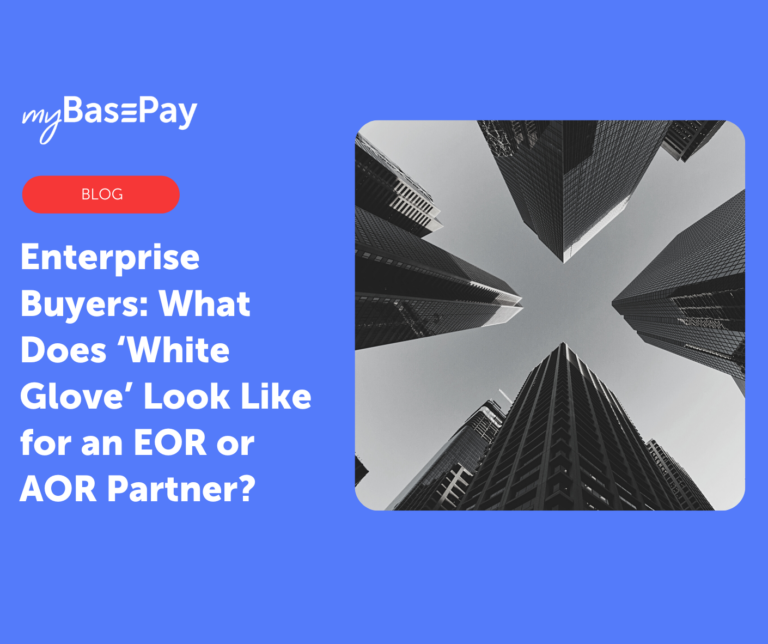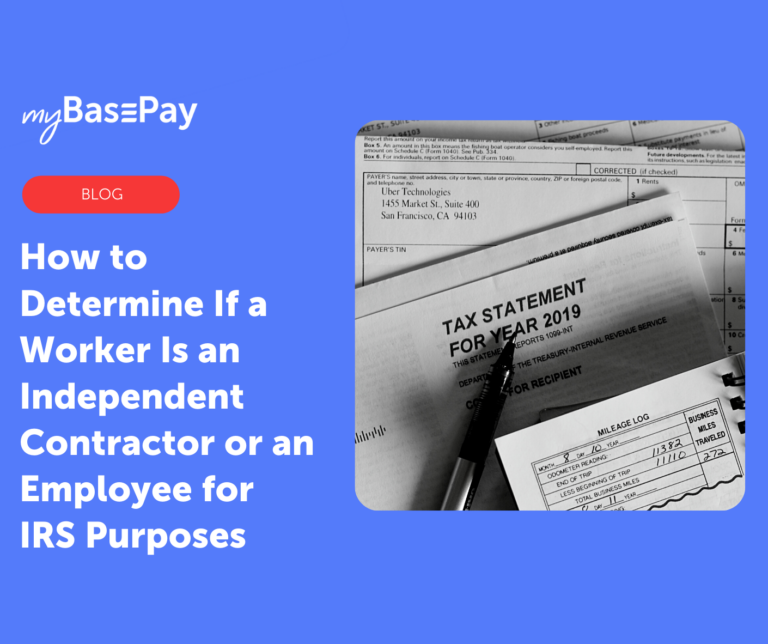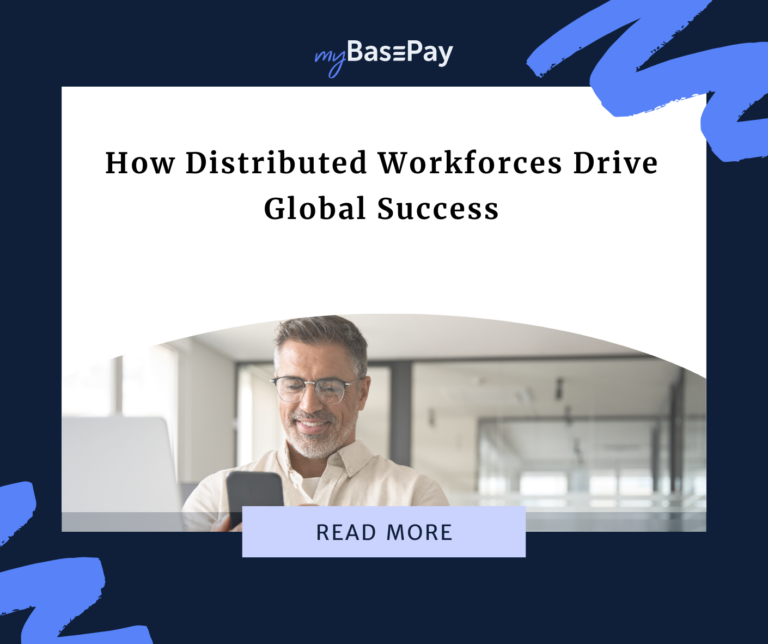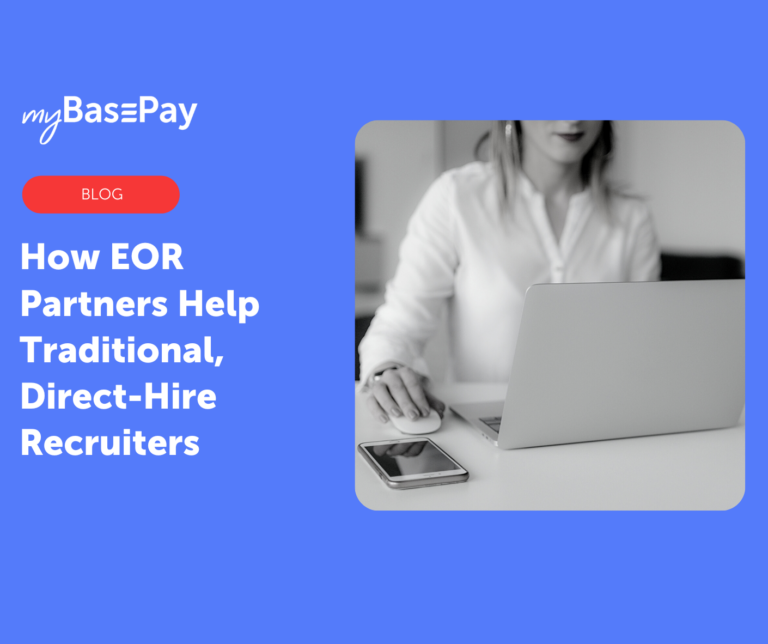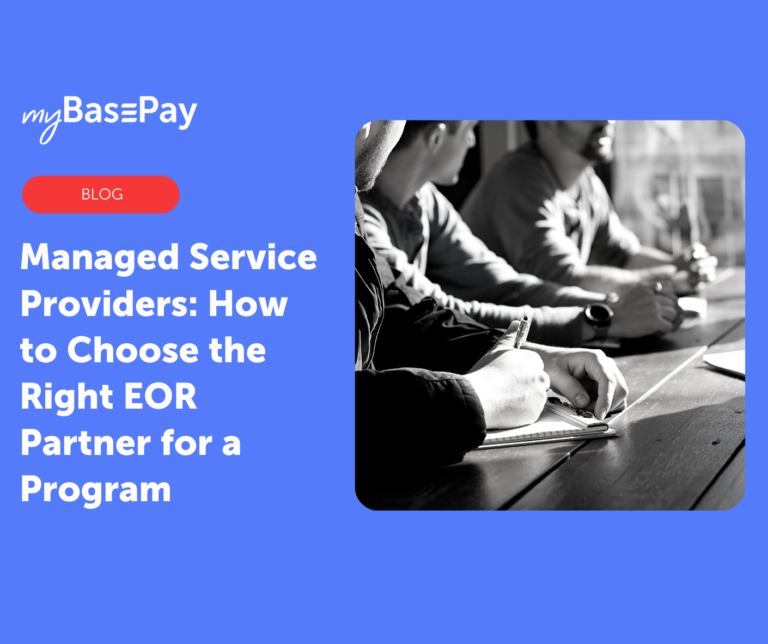Employer of Record: What It Is, Why It Matters and How You Stand to Benefit (If You Do Things Right)
Today’s hiring world is more complicated than ever. Companies are no longer merely dealing with full-time and part-time workers. Many now utilize freelancers and independent contractors from across the country — and sometimes, from the other side of the globe.
Navigating employee classifications and associated responsibilities with onboarding, insurance requirements, and benefits can create a severe compliance headache, particularly for staffing agencies and large businesses. Employers often assume cumbersome and costly liabilities that keep them from focusing on activities that matter most.
Because of this, utilizing employer of record platforms can make a significant difference for your business.
What Is an Employer of Record?
A worker’s “employer of record” is the company that serves as the individual’s employer for tax purposes.
For modern organizations, the employer of record (EOR) refers to a third party that assumes the tasks and liabilities of employment. EORs manage many tasks, such as performing background checks, administering benefits, tax deposits, payroll processing, unemployment insurance, and more.
The employer of record essentially takes overall employment and HR responsibilities while also assuming the liabilities that go along with them. An employer of record also facilitates their clients’ expansion by allowing them to hire individuals from anywhere in the world without needing to register their business there. As the legal employer, the employer of record is responsible for business registration in the states and countries where it operates.
When Do You Need an Employer of Record?
Companies from practically every industry can make use of an employer of record. Even a small business that isn’t actively recruiting new employees can use an employer of record to manage payroll and HR concerns. This can be helpful for small businesses with limited resources, where the current staff doesn’t have the time, knowledge, or experience necessary to manage these tasks themselves.
However, an employer of record is often used by staffing firms or corporate talent acquisition entities, which rely heavily on contract staffing to fill positions. Back office responsibilities could balloon quickly for these larger organizations, incurring high costs (including the need for additional hires) if a business were to attempt to handle them on its own.
In either situation, ensuring that employees are appropriately classified and paid and that all HR concerns are adequately handled is an absolute must. The IRS has significant consequences for companies that fail to fulfill employer obligations.
For example, large employers that fail to provide health coverage to their full-time employees are subject to a penalty of $2,700 per employee — after subtracting the first 30 employees. This cost can balloon quickly for enterprise-level businesses.
In addition, the IRS can impose penalties of up to $5,000 for each misclassified employee, as well as additional penalties of 1.5 percent of the misclassified individual’s federal income tax liability and 20 percent of their FICA tax. A single compliance error can prove extremely costly.
What Are the Benefits of an Employer of Record?
Using an employer of record essentially allows business owners to outsource their payroll and HR operations. The back-office functions of hiring, processing payroll and benefits, and so on are delegated to a team of professionals specializing in these areas.
Outsourcing can result in significant savings for the business. The cost of outsourcing is typically much less than the expenses associated with building out an entire HR department or investing in extensive compliance training. The employer of record can also speed up the onboarding process, allowing staffing agencies to provide top-quality workers to their clients. They will manage the hiring process from start to finish.
This dramatically increases an agency or business’s efficiency, saving money and increasing productivity.
Of course, the business owner retains their responsibilities for all other business operations, including compliance with workplace safety regulations. However, bypassing off liability for payroll compliance, tax laws, and other employment concerns, business leaders have one less thing to worry about.
Understanding the Differences Between EOR and PEO
One crucial concern is that an employer of record (EOR) is not the same as a professional employer organization (PEO). While the two share many similarities, there are some key differences staffing agencies and businesses should be aware of.
The EOR is considered the legal employer of anyone a business hires through this entity with an employer of record. PEOs, on the other hand, use co-employment relationships. This means that while the PEO helps assist with many HR tasks, your business is still responsible for managing taxes and other liabilities. This includes reviewing compliance documents when operating in another country.
This naturally leads to differences in the administration of insurance or benefits and other compliance concerns. For example, the employer of record will provide general liability coverage, workers’ compensation, and additional insurance or benefits that are legally required. A PEO will often require that a business obtain certain forms of insurance on its own.
While a PEO gives its clients the final say over hiring and other employment decisions, using an EOR allows businesses to take a completely hands-off approach. Letting an EOR take total control of these processes (including making hiring decisions) can significantly reduce the workload.
How myBasePay Can Help
With true turnkey solutions, myBasePay serves as an easy-to-implement extension of your company that can quickly become fully integrated with your processes.
By using myBasePay’s employer of record services, you can outsource and automate those administrative tasks that are vital but don’t drive your business’s bottom line. You can pass employment-related liability on to a trusted provider that fully understands and adheres to compliance practices.
myBasePay won’t just minimize your liability — we can also help your business connect with qualified suppliers giving recruiters access to dozens of roles that they need help filling. By managing employment from these early stages, our back-office solutions help you build a productive team while allowing you to focus on the activities that matter most to your future growth.
Author: Cesar Romero
Cesar is the Head of Marketing at myBasePay, where he’s responsible for overseeing the company’s content marketing, community, and partnerships strategy. He also co-hosts The Ivy Podcast where he interviews executives from Fortune 500 companies on executive leadership. When he’s not helping startups with marketing and community strategy, you can find him paying it forward by serving as a mentor for leading organizations like StartingBloc, Hive, and Global Citizen Year.

